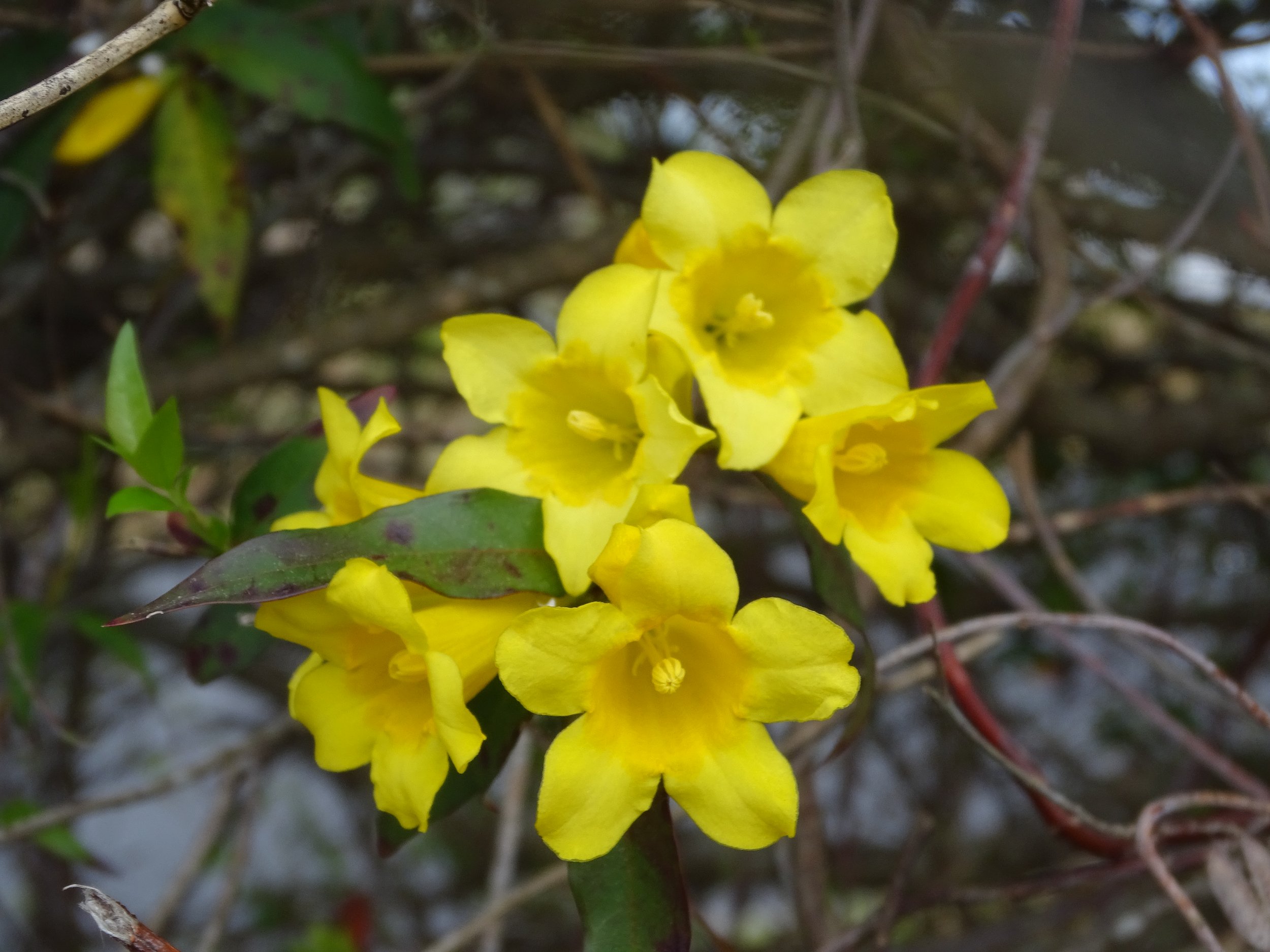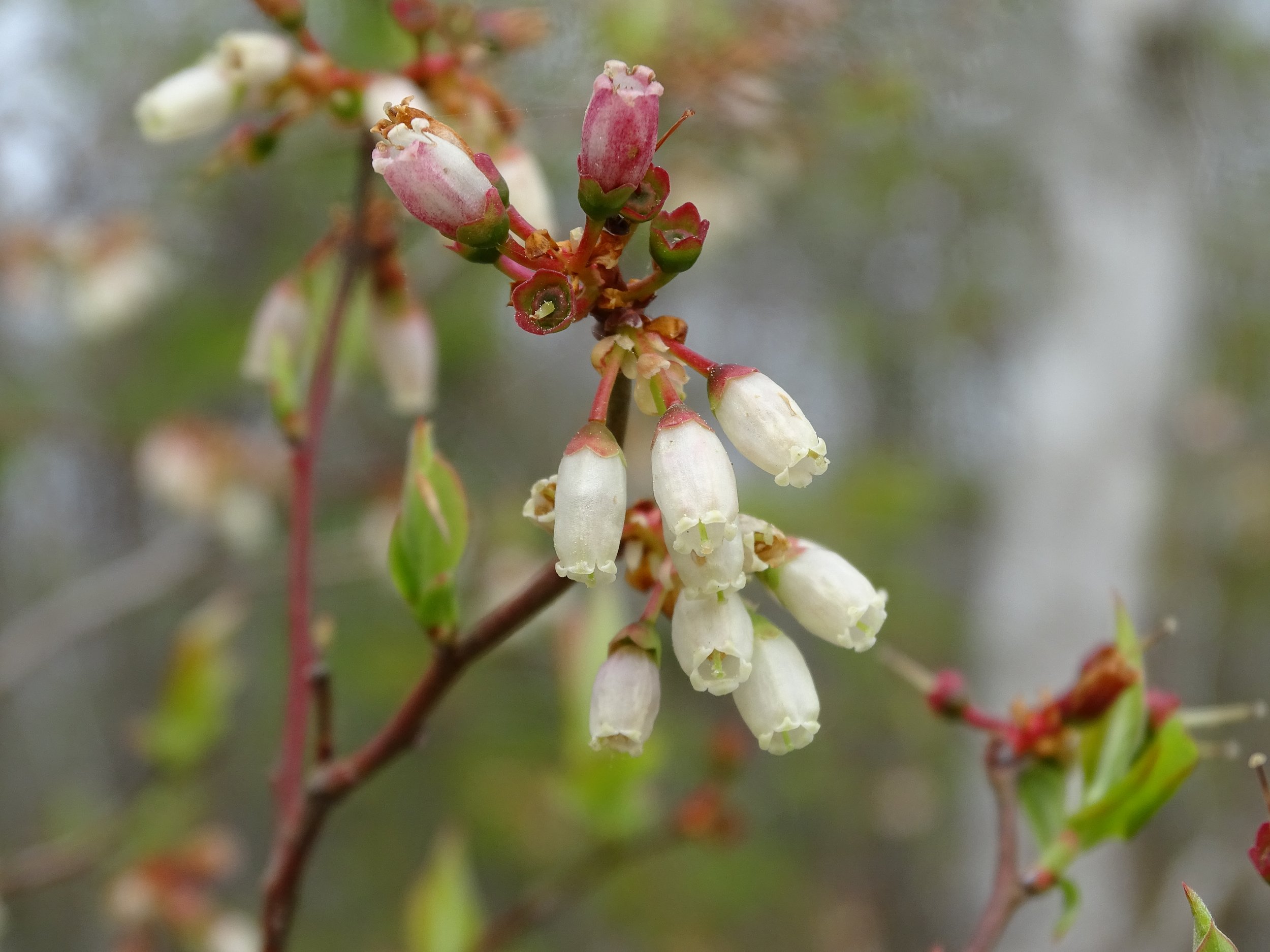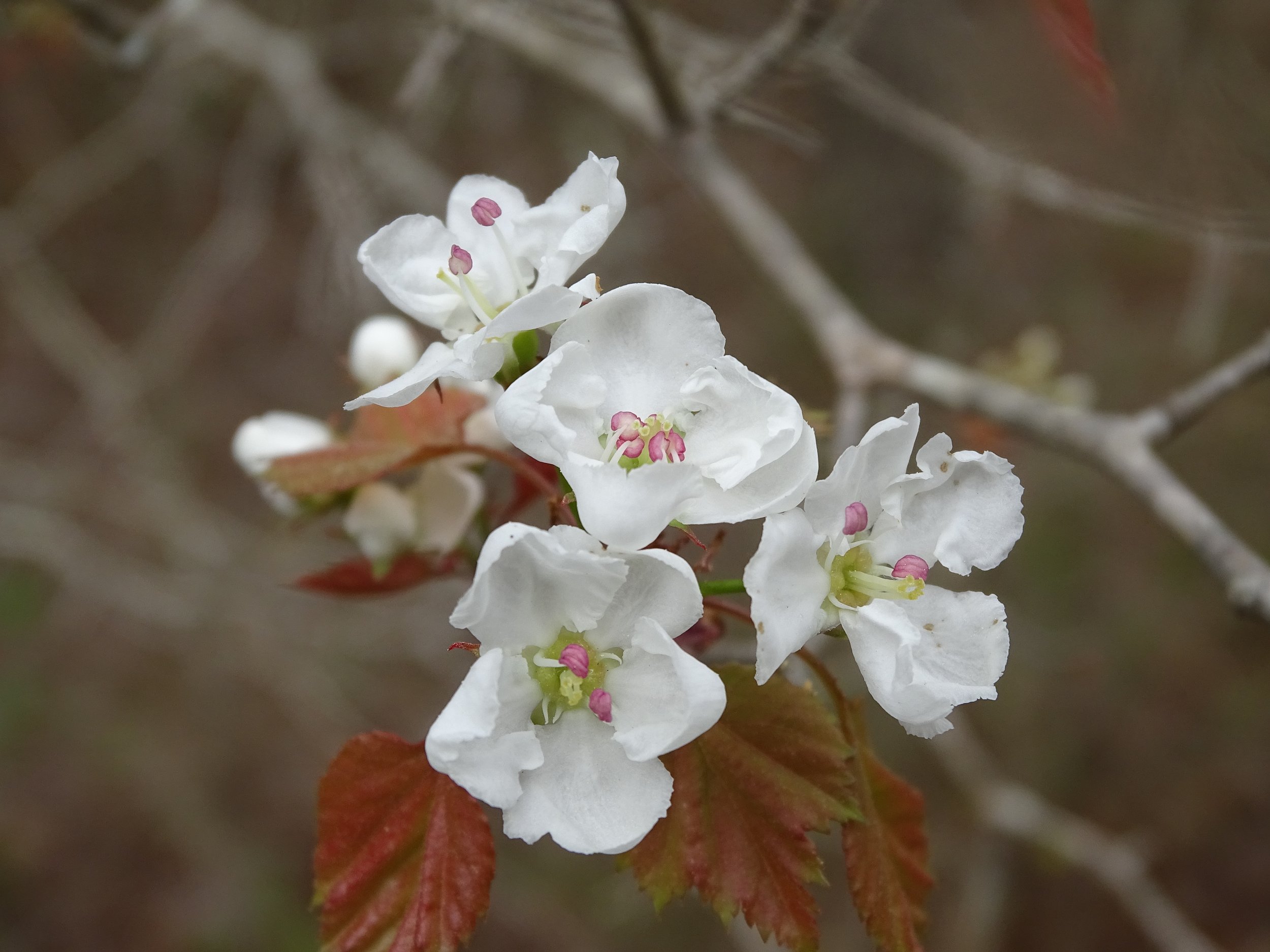LEARN MORE ABOUT THE FRIENDS PHOTO CONTEST HERE!
MARCH’S THEME: “Refuge System's Birthday - Show us what your Refuge/Hatchery is known for.”
Black bear at Alligator River National Wildlife Refuge, NC | Bob Glennon
For March the winning photo taken by Bob Glennon. Bob shared with us captivating photos of the early bloomers at Alligator River National Wildlife Refuge in northeastern North Carolina. These early bloomers will produce the berries the black bears eat that reside on the refuge. Bob, also captured a great photo of the black bear.
To discover more about the Refuge and the Coastal Wildlife Refuge Society visit CORFA’s website.
Alligator River National Wildlife Refuge is a 160,000-acre refuge on the mainland of Dare County in northeastern North Carolina. It was established in 1984 under the authority of the Emergency Wetland Conservation Act. The refuge is underlain by hydric (wetland) soils, most of which are deep organic (muck and peat) soils. The refuge was established to protect those wetlands and the pocosin plant community that exists there. The refuge is home to the Fish and Wildlife Service’s trust species migratory birds (waterfowl, wading birds, shorebirds, and songbirds) and endangered species (red wolves). Black bears are a resident species and are a notable attraction to refuge visitors for wildlife observation and photography. The peninsula on which the refuge is located has the largest population density of black bears in North Carolina. The pocosin habitat has a dense understory of shrubs that produce an abundance of berries. Male bears (boars) can be seen year-round. Female bears (sows) bring their cubs out into open fields in May and they can be seen throughout the summer and fall.



The Coastal Wildlife Refuge Society manages 4 refuge stores at different refuges and coordinates 200 volunteers who donate an average of 25,000 hours of service every year on the area’s 9 refuges. The Society employs a full time store manager and volunteer coordinator. Volunteers staff the visitor centers and refuge stores; maintain buildings, grounds, and equipment; lead tours, and conduct programs.


